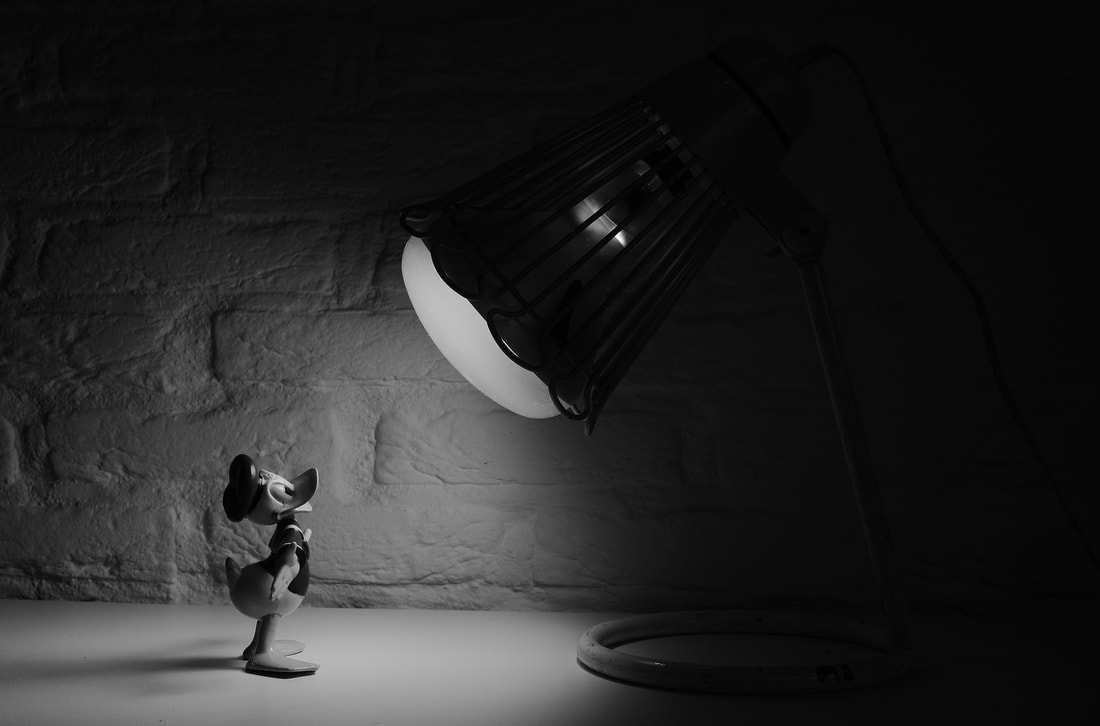|
Disney is closing down one of its studios, Disneytoons – known for its direct-to-video films – in Glendale California as the media company tries to reorganize how it pushes out its content and struggles to compete with companies like Netflix. Disneytoon was created in 1988 as Disney Movie Toons and specialized in direct-to-video sequels to popular Disney animated films. The division produced such titles as The Little Mermaid: Ariel’s Beginning and Mulan II – titles that were made and produced with a lower budget to capitalize on the initial movie’s success. Many of these titles were released in home-video format, including DVD and Blu-ray – formats that have gone the way of the dinosaurs. As we all know, the market for these physical formats has shrunk as audiences embrace streaming video and online content. The shutdown of Disneytoons signifies what we knew a long time ago, which is the direct-to-video business is dead and gone. Although Disney has some streaming platforms, Disney as a whole is late to the party and should be more nimble in company reorganization – something that will be key to its future success. Last year Disney announced that starting in 2019 they will launch a Netflix-type streaming service which means they will move a lot – if not all of their content online. Will this be enough to take back some market share or will it be too late? Who knows? A year is a long time to wait in the online world and a lot can happen between now and then. Part of the problem is out of their control as personal issues make front page news. The CEO of Pixar John Lasseter, a man who has driven a lot of the company’s advancement will leave the company at year’s end after allegations that he engaged in inappropriate workplace behavior. Burbank-based Disney has since named two animation filmmakers to take his place: Jennifer Lee, who co-directed the blockbuster “Frozen” for Disney Animation, and Pete Docter, the writer-director behind Pixar’s “Inside Out” and “Up,” will become chief creative officers of their respective studios. One of their biggest competitors, Netflix, is breathing down their neck – and depending on who you ask, has actually surpassed the multimedia conglomerate and is now the most highly valued content producer in the industry. While market capitalization may not be a true determination of asset value – merely Wall Streets’ hope that Netflix will continue its upward trajectory. In truth Netflix only brings a fraction of the revenue in that companies like Disney and Comcast do but if anything is decided it’s that streaming is the future. Netflix is increasingly drowning in debt and isn’t generating a positive cash flow, yet it’s valued at about $152.8 billion while Disney is only valued at $147.9 Billion. Streaming presents a challenge for a traditional media company like Disney. For inspiration, the company might look to its founder. In the 1950s, when Walt Disney launched Disneyland on TV and opened his eponymous theme park in Anaheim, California, he envisioned his business as an infinity loop of merchandising, in which filmed entertainment sold toys, toys sold filmed entertainment, and both sold park tickets. It’s not hard to imagine how a Disney streaming product could work the same way. With Disney being a well-known international brand, Disney could capitalize on this direct-to-consumer viewership and can go far beyond films and television shows. For example, subscribers at premium membership levels could get special offers for Disney cruises and line-skipping passes at Disneyland and Disney World. In this vision, Disney’s steaming service wouldn’t just be Netflix with animated films, it would be Amazon, Netflix and Universal Studios all rolled into one. That’s a product that could rival Netflix and create the kind of profits Disney has enjoyed during its unprecedented century of dominance.
0 Comments
Leave a Reply. |
AuthorJeridoo Productions' own Blog about our Productions, Projects and Film- and Movie-related News. Archives
October 2022
|
JERIDOO UNIVERSE AG |
MOVIE PROJECTS |
MEDIA |
© Copyright 2018 Jeridoo Universe AG



 RSS Feed
RSS Feed